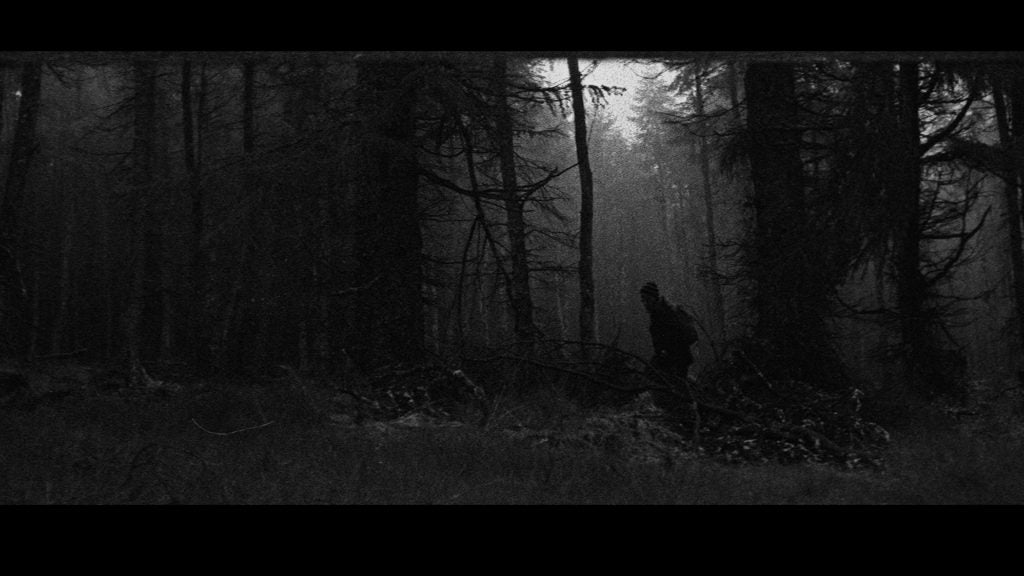On “The Great British Dream Factory”: An Interview With Dominic Sandbrook
“I’ve written four books about Britain since the ’50s, and pop culture always played a big part in those books. So they were always sort of very broad, panoramic political and cultural histories. And I always thought it was a really interesting topic: how Britain went from being a country that really prided itself on its economic and imperial dominance to one that had reinvented itself as a kind of cultural power. So, the fact that I do television informed the book to some extent, as well as the work I’ve done for the newspapers. I’d say it’s made me very conscious of how historians like me write a lot about politics but the reality is that for most people, politics doesn’t play a very important role in their lives, whereas pop culture does. TV is part of our common currency in a way that politics just isn’t. I thought this would be a good way to explore Britain’s national experience in the last century or so, as well is how Britain has been perceived.”
On “The Great British Dream Factory”: An Interview With Dominic Sandbrook Read More »
“I’ve written four books about Britain since the ’50s, and pop culture always played a big part in those books. So they were always sort of very broad, panoramic political and cultural histories. And I always thought it was a really interesting topic: how Britain went from being a country that really prided itself on its economic and imperial dominance to one that had reinvented itself as a kind of cultural power. So, the fact that I do television informed the book to some extent, as well as the work I’ve done for the newspapers. I’d say it’s made me very conscious of how historians like me write a lot about politics but the reality is that for most people, politics doesn’t play a very important role in their lives, whereas pop culture does. TV is part of our common currency in a way that politics just isn’t. I thought this would be a good way to explore Britain’s national experience in the last century or so, as well is how Britain has been perceived.”






